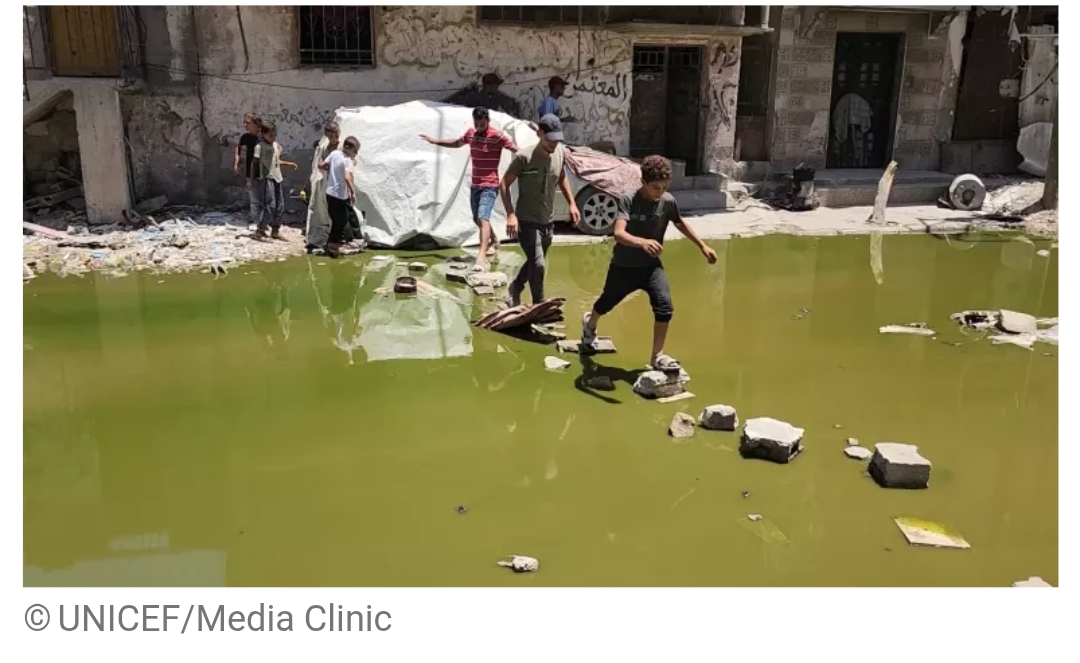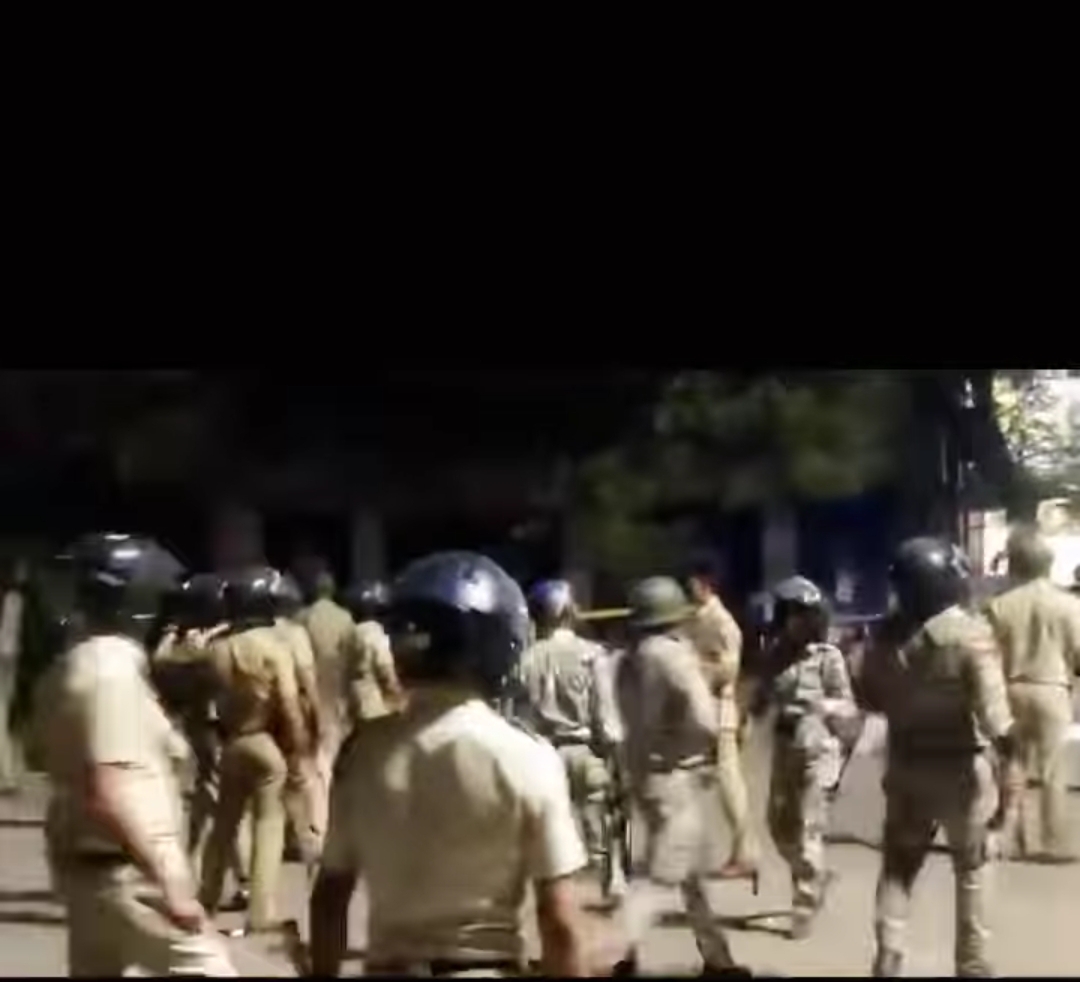Conflict in MENA Leaves 12.2 Million Children Killed, Maimed, or Displaced in Less Than Two Years: UNICEF Sounds Alarm.
Amman:
In a devastating update on the humanitarian crisis unfolding across the Middle East and North Africa (MENA), the United Nations Children’s Fund (UNICEF) has revealed that over 12.2 million children have been killed, maimed, or displaced by conflict in the region over the past 24 months — a staggering toll that translates to one child displaced every five seconds and one child killed or maimed every fifteen minutes.
According to UNICEF’s estimates, nearly 20,000 children have been killed, more than 40,000 maimed, and over 12 million displaced as wars, internal conflicts, and political instability continue to devastate large swathes of the MENA region.
“A child’s life is being turned upside down the equivalent of every five seconds due to the conflicts in the region,” said Edouard Beigbeder, UNICEF Regional Director for the Middle East and North Africa. “Already, half of the region’s 220 million children live in conflict-affected countries. We cannot allow this number to rise. Ending hostilities – for the sake of children – is not optional; it is an urgent necessity, a moral obligation, and it is the only path to a better future.”
A Region in Crisis: Children Under Constant Threat
Today, nearly 110 million children in the MENA region live in areas actively affected by conflict. These children face a grim reality where schools, homes, hospitals, and basic public infrastructure are routinely targeted or destroyed. The result is widespread displacement, mental trauma, and a growing generation of children with limited access to education, healthcare, or safety.
UNICEF warns that in 2025 alone, as many as 45 million children in MENA will require humanitarian assistance due to life-threatening risks and escalating vulnerabilities. This marks a 41 per cent increase from 32 million in 2020 — underscoring the worsening trajectory of the crisis.
Aid Operations at Risk Amid Severe Funding Shortfalls
Compounding the crisis is an alarming decline in humanitarian funding. UNICEF reports critical funding gaps across multiple country programmes:
- Syria currently faces a 78 per cent funding shortfall in its 2025 humanitarian appeal.
- The State of Palestine has a 68 per cent funding gap, crippling urgent response efforts.
- Regional initiatives, which include support for health, nutrition, water, and protection programmes, are under severe financial strain.
Looking ahead, the situation is projected to deteriorate further. By 2026, UNICEF anticipates a 20 to 25 per cent reduction in regional funding, which could mean a loss of up to US$370 million. Such cuts would jeopardize life-saving services like treatment for severe malnutrition, clean water access in active war zones, and routine vaccinations for preventable diseases.
“As the plight of children in the region worsens, the resources to respond are becoming sparser,” Beigbeder stated. “Conflicts must stop. International advocacy to resolve these crises must intensify. And support for vulnerable children must increase, not decline.”
A Call to Action
UNICEF is urging all parties involved in conflicts across MENA to immediately cease hostilities and to respect international humanitarian and human rights laws. The agency has called on Member States with influence to exert pressure on warring factions to protect children and safeguard critical infrastructure, including schools, hospitals, and water systems.
In addition, UNICEF is appealing to existing and potential donors to sustain and expand their financial contributions, warning that further reductions in support could lead to catastrophic outcomes for millions of vulnerable children.
“This is not just a humanitarian issue — it is a moral and global imperative. The world must act now to ensure that an entire generation of children in the Middle East and North Africa is not lost to violence, fear, and neglect,” concluded Beigbeder.
As the humanitarian landscape in the MENA region grows increasingly bleak, UNICEF’s urgent call to action highlights the critical need for immediate international attention, sustained aid, and a renewed commitment to peace and protection for the region’s youngest and most vulnerable.




